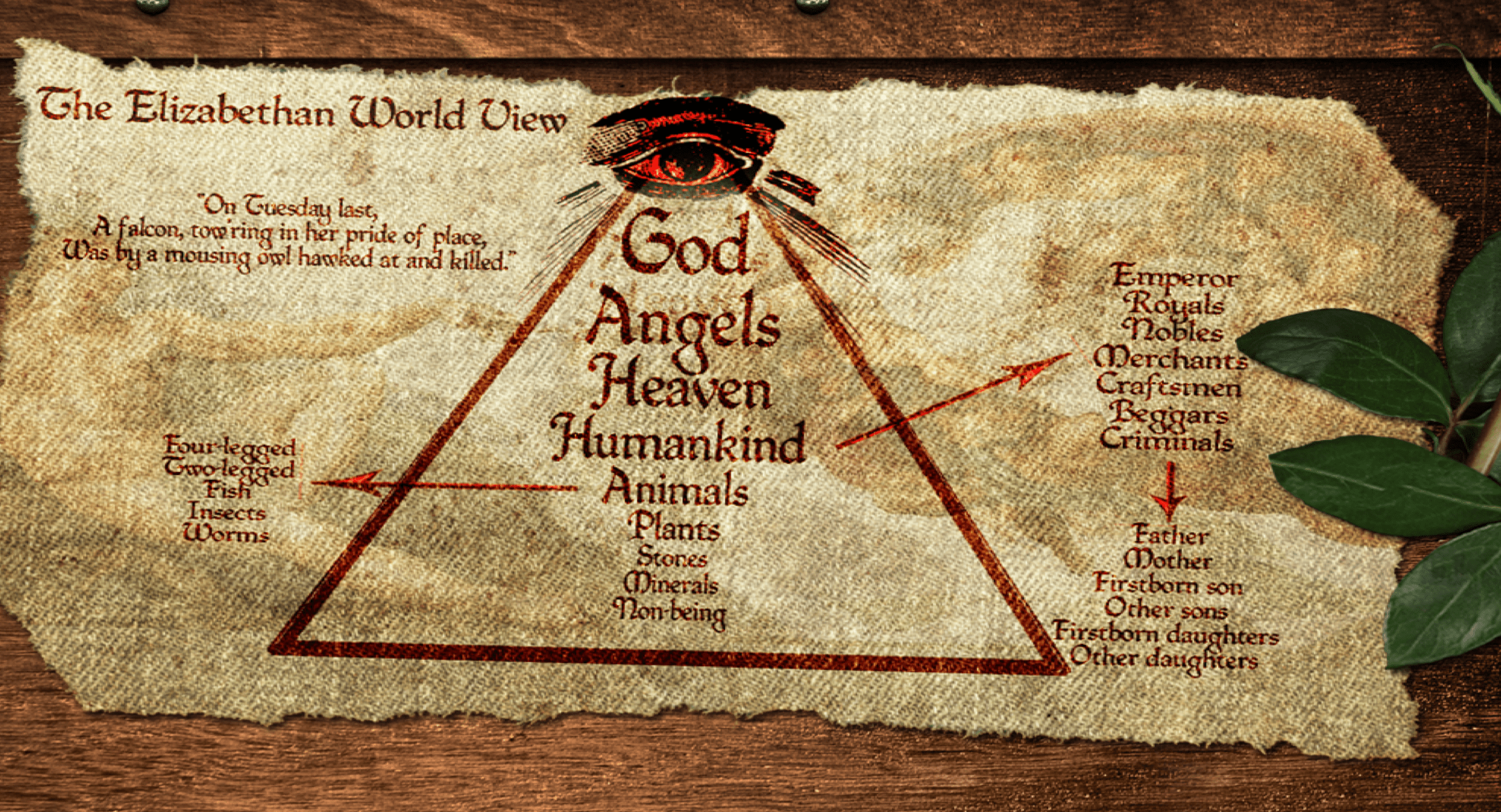
Topics | Authors | William Shakespeare | Key terms & concepts
Key terms & concepts

Introduction
Sonnets are essentially small poems written in a specific form. The genre originates from Italy in the 13th century and besides Shakespeare, other prominent writers such as Dante Alighieri and John Milton have also written sonnets. Both Milton and Dante Alighieri's versions are however slightly different from Shakespeare's in terms of both form and content.
Shakespeare's sonnets
From the late 1590s to their publication in 1609, Shakespeare wrote 154 sonnets. A few additional sonnets can be found in his plays such as the prologue in Romeo & Juliet. The sonnets deal with themes such as love, jealousy, immortality and beauty. The characteristics of Shakespeare's sonnets can be identified quite precisely as:
- 14 lines
- Strict rhyme scheme: ABAB CDCD EFEF GG
- Written in iambic pentameter (10 syllables in each line)
- Can be broken into quatrains = lines of four
- The final two lines are called a couplet and usually features the conclusion to the sonnet.
- Shakespeare experts sometimes divides the central themes of the sonnets into three main subjects: “the brevity of life”, “the transience of beauty” and “the trappings of desire”.
- The recipients of Shakespeare’s sonnets are typically also divided into three groups. A young, fair, bright man, a dark lady and a rival poet.
Iambic pentameter
This video is taken from The Complete Shakespeare Guide.
The Elizabethan World View / The chain of being

Working method: Teacher's presentation
Product: Written notes
Aims: Filling in missing blanks in Act IV
In act 4 of Hamlet there are multiple important events. Below four of these, however not necessarily in order of importance or chronological order, are presented;
1. Hamlet hides the body of Polonius.
2. Hamlet is sent to England, in the company of Rosencrantz and Guildenstern, by Gertrude and Claudius. They carry a letter in which Claudius orders the King of England to kill Hamlet. Hamlet finds the letter and rewrites it, ordering the British to kill Rosencrantz and Guildenstern instead. After encountering a pirate ship Hamlet escapes and returns to Denmark.
3. Laertes returns and is convinced to revenge his father's death by killing/dueling Hamlet. Laertes is convinced by Claudius to poison his sword for the battle.
4. Ophelia dies as a result from falling into the pond in the garden. She has been singing madly throughout act four and is several times referred to as poor Ophelia, thus suggesting that she may have killed herself. She is later denied a full Christian burial, which furthermore supports the notion of suicide.

